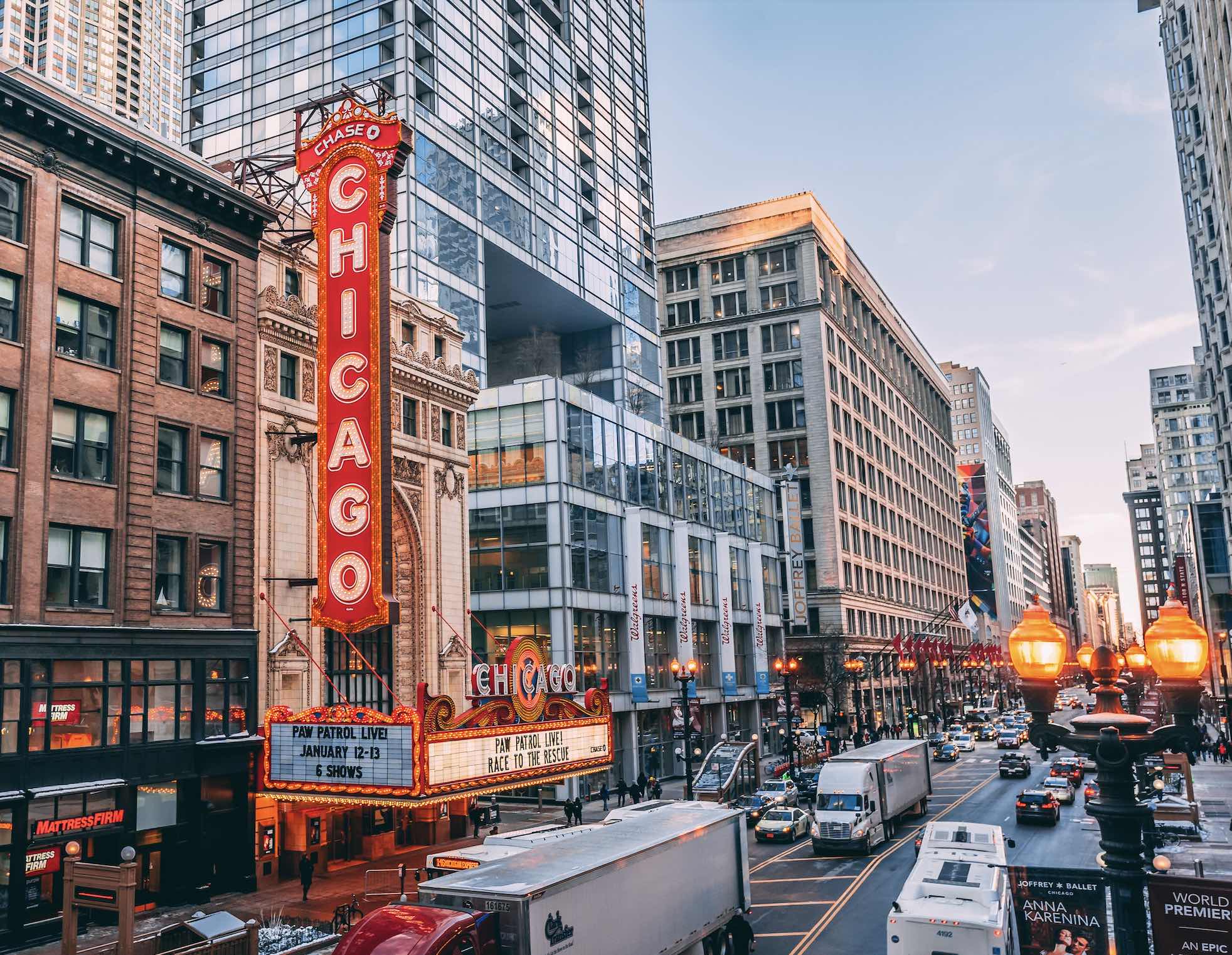Have a story idea
Have a story idea? Send it to us here.

Source : Pexels
February 1, 2024
Author : Patty Allen
Chicago is one of the busiest and largest cities in America. The Chicago Transit Authority's (CTA) public transportation grid connects with a network of rail and roadways.
CTA is the pulsating lifeblood of the Windy City. Now, CTA is not just joining every corner of the city but also bringing together a broad spectrum of businesses under it.
In 2023, the CTA made significant strides in its diversity programs, leading to a noteworthy increase in contract awards to disadvantaged business enterprises (DBEs) and small business enterprises (SBEs). The CTA connected these businesses with $171.6 million in contracting awards, marking an 11% increase from 2022 and awarding contracts to 84 certified firms. This achievement reflects CTA's ongoing commitment to diversity, equity, and inclusion within the contracting community and its broader stakeholder network.
CTA President Dorval Carter Jr. emphasized the organization's dedication to exceeding its engagement goals with the contracting community, recognizing their crucial role in the city's dynamics. He said, "We remain committed to the vision of CTA, which is why over the last year we've been pulling out all the stops to exceed our goals of engaging and fostering new opportunities with the contracting community — who play a critical role not just here at CTA, but in ensuring the city of Chicago keeps moving."
The CTA's efforts have been pivotal, especially through programs like Building Small Businesses and a pilot program linked to the Red and Purple Modernization Project. These initiatives have enabled over 30 firms to secure over $13 million in capital sourcing.
2023 also witnessed CTA's proactive approach to connecting the small business community with new contracting opportunities. CTA hosted four quarterly events focused on small business development and provided critical information and network-building platforms.
Particularly noteworthy was the response to the Red Line Extension (RLE) request for proposals in the fall, where the CTA hosted additional outreach events, facilitating interactions between small businesses and RLE prime bidders.
Moreover, the CTA organized a new networking event with various local and state agencies to educate attendees on business processes with government entities, including the city of Chicago, Cook County, and the Metropolitan Water Reclamation District of Greater Chicago. These initiatives are part of CTA's broader efforts to integrate diversity into its contracting practices.
In an interview with Intelligent Transport, Jennifer Henry, CTA's Director of Strategic Planning and Policy, discussed the transformative Better Streets for Buses plan. This initiative, developed in collaboration with the Chicago Department of Transportation (CDOT), focuses on improving equity and access to public transportation. The plan, addressing specific community needs, is part of a concerted effort to enhance bus services, particularly in areas of the city lacking rail access.
An extensive city-wide outreach process and collaboration with local organizations informed the plan's design, ensuring community-driven solutions. Henry highlighted using a 'toolbox' of 19 tools organized into categories like bus-friendly streets, intersections, and stop improvements. These tools are tailored to different neighborhoods, addressing specific needs like traffic congestion, safety, and accessibility.
Looking ahead, the CTA is committed to evaluating the effectiveness of the Better Streets for Buses plan and adapting it based on feedback and emerging technologies. The organization's vision extends to integrating innovations such as the electrification of the bus fleet, enhancing real-time arrival information systems, and exploring other low-emission vehicle technologies.
This forward-thinking approach underscores CTA's dedication to evolving and improving Chicago's public transportation system, ensuring it remains accessible, efficient, and sustainable for all residents.
Category : Disadvantaged Business Enterprises Local Business Enterprises Small Business Enterprises Diversity Outreach Investment in Infrastructure Local Government Freeways and Highways Railroads
